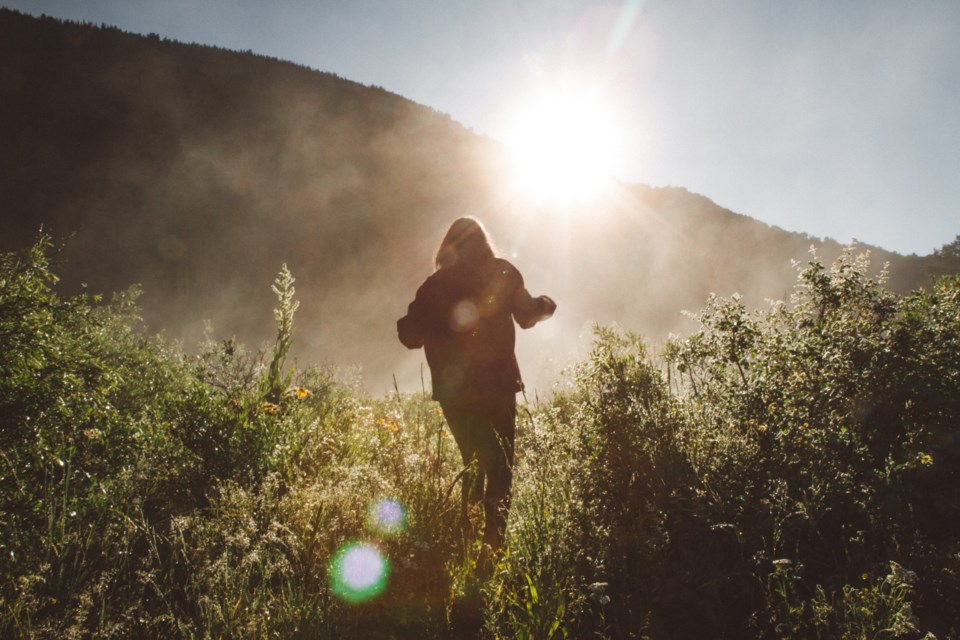Enjoying the great outdoors is a cherished pastime for many in Boulder County. On occasion, that weekend hike can go wrong and that’s when the Rocky Mountain Rescue Group (RMRG) and Boulder County Rangers are there to help.
Angela Tomczik joined volunteer-driven RMRG seven years ago and said she just wants to help others if they find themselves in need. The camaraderie on her team has fueled her passion.
“I enjoy being able to help the community,” said Tomczik, who is now a field team leader with RMRG. “I also enjoy that we are a tight-knit community ourselves. We're like a family on the team because we do spend so much time together and work together in really stressful situations.”
Her dedication has been put to the test as RMRG this summer expects its second busiest year in its 73-year history and is already above its five-year average. RMRG averages around 200 calls per year and Tomczik urges people to take proper precautions to keep that number down.
“That can be downloading and installing mapping apps so that you can always know where you're at and where the trails are around you, making sure that you're prepared for whatever conditions or what conditions are at the current time,” Tomczik said. “In the summertime it's hot, so bringing lots and lots of water. In the winter, having traction so that you can
stay safe on icy trails. Always having a headlamp with you and letting people know where you're going and when you should be back.”
Boulder County Senior Ranger Erin Hartnett added that staying on the trail and being aware of your surroundings also can minimize the need for a rescue.
Depending on the circumstances, Hartnett said a rescue typically takes one to four hours and that time can increase depending on where a person is located, if a serious injury needs attention, or the difficulty of the terrain.
A rescue involves many moving parts, she said.
“A complex rescue could entail multiple patients or victims and require technical skills due to difficult terrain or access issues,” Hartnett said. “These incidents require dozens of rescuers from (Boulder County) Parks and Open Space, the Sheriff’s Office, Rocky Mountain Rescue (Group), fire departments, and paramedics. Since rescues in the parks almost always require a patient carry out, rangers rely heavily on RMR(G)’s help, which is an incredible group of volunteers that perform most of the technical rescues in Boulder County.”
Tomczik said a typical RMRG rescue requires about 15 people. RMRG has about 70 members and ensures it has enough people available for multiple rescues at any time, year round.
RMRG rescuers must carry “hundreds of pounds” of gear to keep themselves and the person, or persons, needing help in good hands.
“If we need to carry somebody out, then we bring a med kit, a litter (stretcher), a full body splint, ropes, (lowering) devices that are custom designed by our team,” Tomczik said. “... As well as an assortment of technical gear. Each rescuer also brings their own pack with supplies to make sure that they are prepared individually, and then they bring group gear on top of that.”
As the weather warms up and people continue to get outside, Tomczik and Hartnett want people to stay safe and to never hesitate to call 911 when in danger. RMRG offers free rescues and urges people to seek help before it’s too late.
“There's definitely a feeling of pride when you see all of your teammates working together, efficiently, getting the job done, as fast as possible,” Tomczik said. “That feeling of seeing everything executed in an efficient way, that makes me really proud to be part of
the team.”


